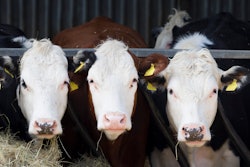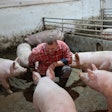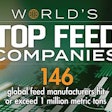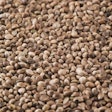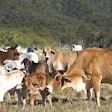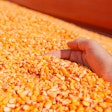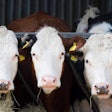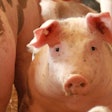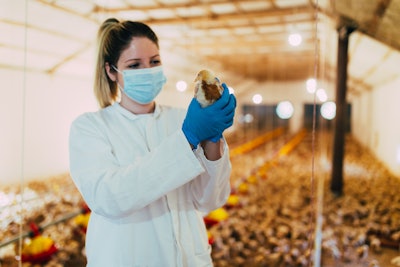
Innovative alternatives and novel technologies are transforming the way producers prevent and control broiler and turkey diseases.
Phages could replace antibiotics to treat poultry pathogens
Targeted viruses known as bacteriophages could provide the poultry industry with a way to target specific detrimental bacterial strains, such as E. coli and Salmonella.
"We created an algorithm that analyzed the genome of the bacteria to identify small differences and understand specific stereotypes, antibiotic resistance and pathology," said Hans Pieringer, CEO, PhageLab.
The platform creates custom-made phage cocktails to eliminate specific bacterial strains affecting poultry operations. Unlike traditional one-size-fits-all approaches, the technology analyzes the unique bacterial profile of each farm to deliver targeted solutions in less than 30 days.
In addition, it is designed to evolve with changing bacterial populations. Phage cocktails can be continuously updated to address new strains and variants. This approach includes ongoing monitoring and support, with customers able to send samples from unusual mortality events for immediate analysis.
Unlike broad-spectrum antibiotics, phages can selectively target pathogenic bacteria without disrupting beneficial microbiota, reducing the risk of antimicrobial resistance and promoting healthier flocks.
Endolysins for controlling Clostridium septicum in turkeys
Novel antibacterial enzymes, called endolysins, are being used in a product called Force3 by Axitan to target Clostridium perfringens, the bacteria responsible for necrotic enteritis in broilers. The product has nutritional benefits because it contains microalgae and medium- and long-chain fatty acids.
Endolysins work by rapidly targeting and bonding to the cell wall of the target pathogen, quickly weakening the cell wall causing it to burst and safely disintegrate. The mode of action of endolysins is not considered to be triggering antimicrobial resistance by the scientific community and the feed additive could be beneficial to companies that produce poultry under no-antibiotics-ever (NAE) or no-antibiotics-important-to-human-medicine (NAIHM) standards.
The company is developing endolysins for control of Clostridium septicum, one of the major causative agents of clostridial dermatitis in turkeys.
Data driven poultry biosecurity through waste stream analysis
Barnwell Bio's technology leverages metagenomic sequencing and bioinformatics to analyze environmental samples collected from poultry operations.
Current detection methods rely heavily on symptom-driven observations and delayed diagnostic testing, often identifying outbreaks only after significant damage has occurred. This reactive approach leads to substantial economic losses through increased mortality, decreased production and higher treatment costs.
The platform detects the presence and abundance of pathogens at the strain level, including highly pathogenic avian influenza (HPAI), potentially before symptoms manifest, providing producers with actionable intelligence. Continuous surveillance will help detect and identify specific pathogens, providing a more accurate and timely method of monitoring.
The software translates complex genomic data into clear, actionable recommendations for producers and veterinarians, enabling rapid response to emerging health threats.
The goal is to help contain disease outbreaks, evaluate biosecurity protocols, and ultimately save producers money and time.
Attend the 2025 Poultry Tech Summit
The Poultry Tech Summit will return as an in-person event on November 3-5 at the Atlanta Airport Marriott in Atlanta, Georgia. The Poultry Tech Summit brings together inventors, researchers, entrepreneurs, poultry industry professionals and established technology providers to discuss challenges and solutions for all aspects of the poultry supply chain. The event focuses on the transition of innovative technologies from researchers and entrepreneurs into commercial applications for the benefit of the poultry industry.
New in 2025, Poultry Tech Summit will be held in collaboration with the U.S. Roundtable for Sustainable Poultry and Eggs (US-RSPE) annual meeting held November 5.
Registration for the 2025 Poultry Tech Summit is now open. For more information, go to www.poultrytechsummit.com.



